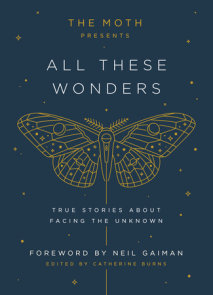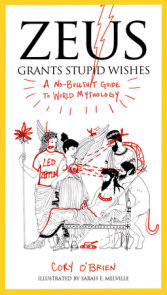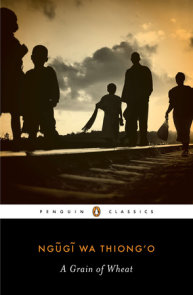READERS GUIDE
Questions and Topics for Discussion
1. Jason has ongoing internal dialogues with “Maggot” and “Unborn Twin.” What roles do Maggot and Unborn Twin play in Jason’s life? And what did Mitchell accomplish by employing this device?
2. At the beginning of the novel, Jason fears that his stammer defines him. Why do you think he calls it "Hangman"? How does he learn to adapt to it? In what ways is the stammer a limitation and in what ways an advantage? Imagine Jason without a stammer–how would the novel be different?
3. Mitchell often ends a scene in the middle of the action–for example, when Jason is locked in the House in the Woods, or when the fire erupts in Town Hall–and leaves readers to surmise for themselves what happened next. Why do you think he chose to do this?
4. Throughout the novel, phrases and paragraphs are often repeated, sometimes with variation and sometimes identically. How does context alter the meaning of these repeated phrases? And what did Mitchell accomplish by repeating paragraphs with slight variations, as in the chapter “Solarium”?
5. Did you notice the frequent appearances of the “moon-gray cat”? In what instances does the cat appear? Why did Mitchell choose to link these instances using the moon-gray cat?
6. There is a rich tradition of English novels set in villages like Black Swan Green. How did the town of Mitchell’s imagination compare with those of classic British novels? What characteristics, both of the village and the villagers, did Mitchell employ to recall this tradition, and how did he subvert it?
7. Jason is deeply concerned with the war. How does his budding political consciousness evolve over the course of the novel? And how did events in the world reflect the events happening within Jason’s home?
8. Jason successfully completes the test to be admitted into the ultra-popular, ultra-secret society of the Spooks; but his friend Dean Moran doesn’t have such luck. Why did Jason go back to help Dean? Was it the right choice?
9. Many of the male characters in the book have reprehensible traits. Some, like Dean Moran’s dad, are alcoholics; others, like Jason’s uncle Brian, are overtly racist and sexist. Jason idolizes his cousin Hugo at first, but by the end of the novel thinks he’s “smarmy,” and sometimes Jason’s father appears heroic, but at other times, callous and cowardly. Is Mitchell commenting on the pitfalls of masculinity? Are the female characters portrayed with fewer faults?
10. Violence is an ever-present threat in Jason’s world, even among adults, like the bus driver, Norman Bates, who carries a Bowie knife, and Kit Harris, the Borstal teacher, who sicced his Dobermans on Jason. What role does violence play in the story?
11. At the end, Jason says, “The world’s a headmaster who works on your faults.” What did he mean? Do you agree?




















